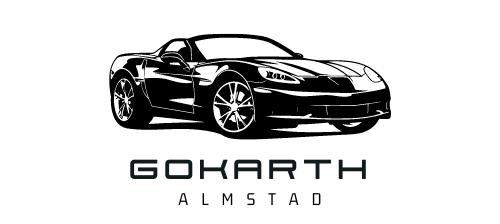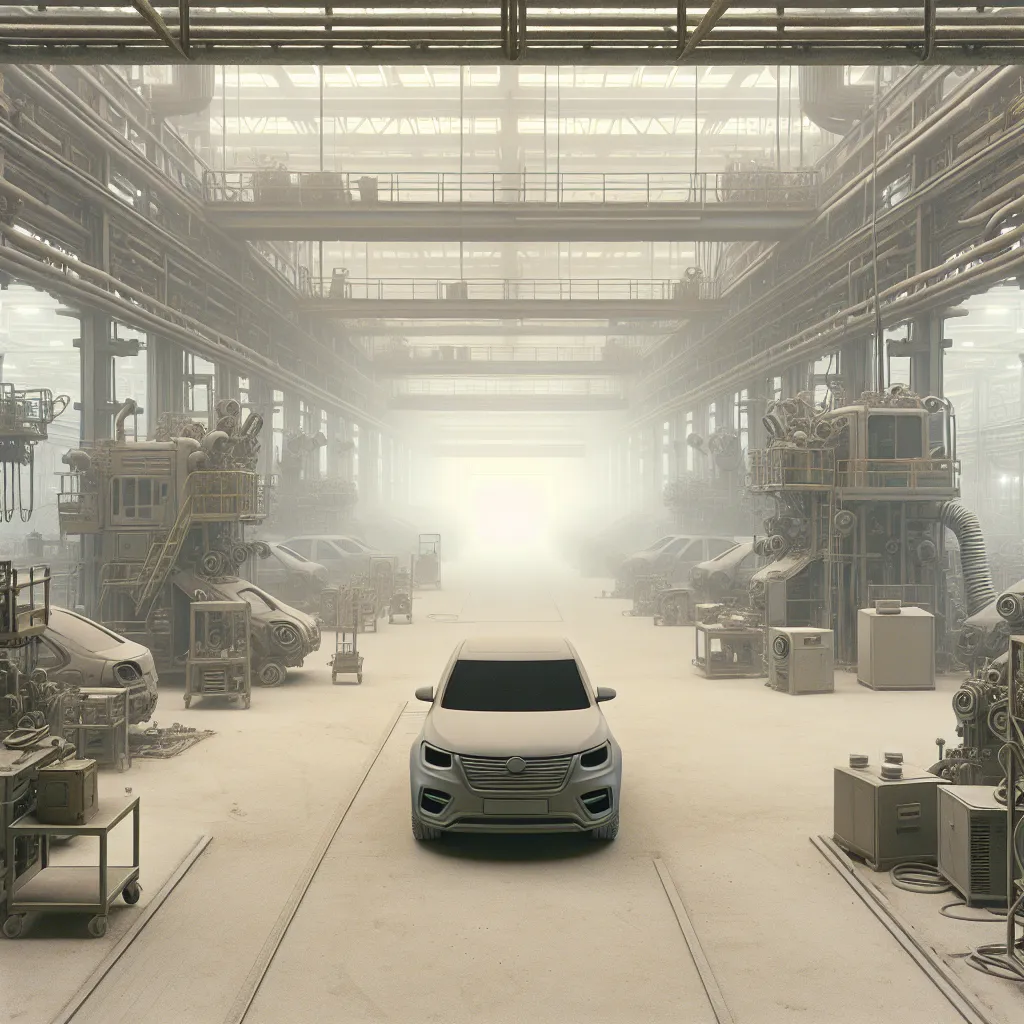Challenges Faced by the Automotive Industry During the Pandemic
The Impact of COVID-19 on the Automotive Industry
The automotive industry has faced numerous challenges during the COVID-19 pandemic, causing significant disruptions to the global supply chain and production processes. One of the primary challenges has been the unprecedented drop in consumer demand for new vehicles. Due to economic uncertainties and lockdown measures in various countries, consumers have been more reluctant to make non-essential purchases, including big-ticket items like automobiles. This has led to a sharp decline in sales for automakers, dealerships, and ancillary industries.
Furthermore, the pandemic has also exposed the industry’s heavy reliance on ‘just-in-time’ manufacturing and single-source suppliers. Disruptions in the supply of components, especially from countries heavily affected by the pandemic, have resulted in production halts and delays. The sudden shift in demand for certain vehicle types, such as a surge in demand for personal transportation and a decline in demand for public transport vehicles, has further complicated the production planning for automakers.
Moreover, the stringent health and safety protocols required to protect the workforce have added another layer of complexity. Implementing social distancing measures, providing personal protective equipment, and reconfiguring assembly lines have all added to the operational costs and reduced the overall efficiency of production processes.
The pandemic has also accelerated the need for digital transformation in the automotive industry. Traditional dealerships have had to adapt to online sales and contactless services to cater to changing consumer behavior and preferences. Additionally, the shift towards remote working has also impacted the industry’s research and development activities, as collaborative work and physical testing have been constrained.
In conclusion, the COVID-19 pandemic has presented the automotive industry with multifaceted challenges, from a drastic drop in consumer demand and supply chain disruptions to the need for rapid adaptation to new ways of conducting business. Overcoming these challenges will require strategic rethinking, increased agility, and an accelerated focus on innovation and digitalization.
Shifts in Consumer Behavior and Demand in the Automotive Sector
The COVID-19 pandemic has significantly impacted consumer behavior and demand in the automotive industry. As people around the world adjusted to lockdowns and remote work, there has been a noticeable shift in the way consumers view and utilize personal vehicles. With travel restrictions and concerns about public transportation, there has been a surge in demand for personal vehicles, particularly in the used car market.
Online car buying has also seen a significant uptick, as consumers have become more comfortable with making major purchases through digital platforms. This has led to a reevaluation of traditional dealership models, with many dealers increasing their online presence and offering virtual test drives and contactless delivery services to cater to the changing consumer preferences.
However, the pandemic has also influenced the type of vehicles consumers are seeking. There has been a growing preference for larger vehicles such as SUVs and trucks, as families have prioritized space and safety. Additionally, there is a renewed focus on vehicles with advanced safety and hygiene features, as consumers place a premium on health and cleanliness.
Looking ahead, the automotive industry must continue to adapt to these shifts in consumer behavior and demand. This may involve further investment in online sales platforms, development of innovative safety technologies, and a reimagining of marketing strategies to align with the new consumer priorities. By actively responding to these changes, automotive companies can position themselves for success in the post-pandemic era.
Technological Innovations and Adaptations in Response to COVID-19
The COVID-19 pandemic has significantly impacted the automotive industry, leading to an increased focus on technological innovations and adaptations to address the new challenges. Manufacturers have been prompted to rethink their traditional processes and embrace digital solutions to ensure business continuity. One of the key technological adaptations in response to COVID-19 has been the accelerated development and implementation of contactless technologies. This includes touchless payment systems, voice-activated controls, and gesture recognition features in vehicles, aimed at minimizing physical contact and reducing the risk of virus transmission.
Furthermore, automotive companies have expedited the integration of remote diagnostics and maintenance solutions to limit in-person interactions. This has led to the advancement of telematics and remote vehicle monitoring, allowing for real-time vehicle health checks and predictive maintenance, ultimately enhancing customer convenience and safety. Additionally, the pandemic has driven the automotive industry towards increased digitalization of sales and services, with the widespread adoption of online car purchasing platforms and virtual product demonstrations.
Another significant technological innovation spurred by COVID-19 is the development of autonomous delivery vehicles and drones for contactless transportation of goods, as well as the utilization of artificial intelligence and big data analytics to optimize supply chain management and logistics. These technological adaptations not only address the immediate challenges posed by the pandemic but also pave the way for a more tech-driven and resilient automotive industry in the post-COVID era.
In conclusion, the impact of COVID-19 has catalyzed a rapid shift towards technological innovations and adaptations in the automotive industry, driving the implementation of contactless technologies, remote solutions, digital sales platforms, and advanced logistics systems. These advancements not only enable the industry to navigate the current crisis but also position it for future success in an increasingly digital and connected world.

